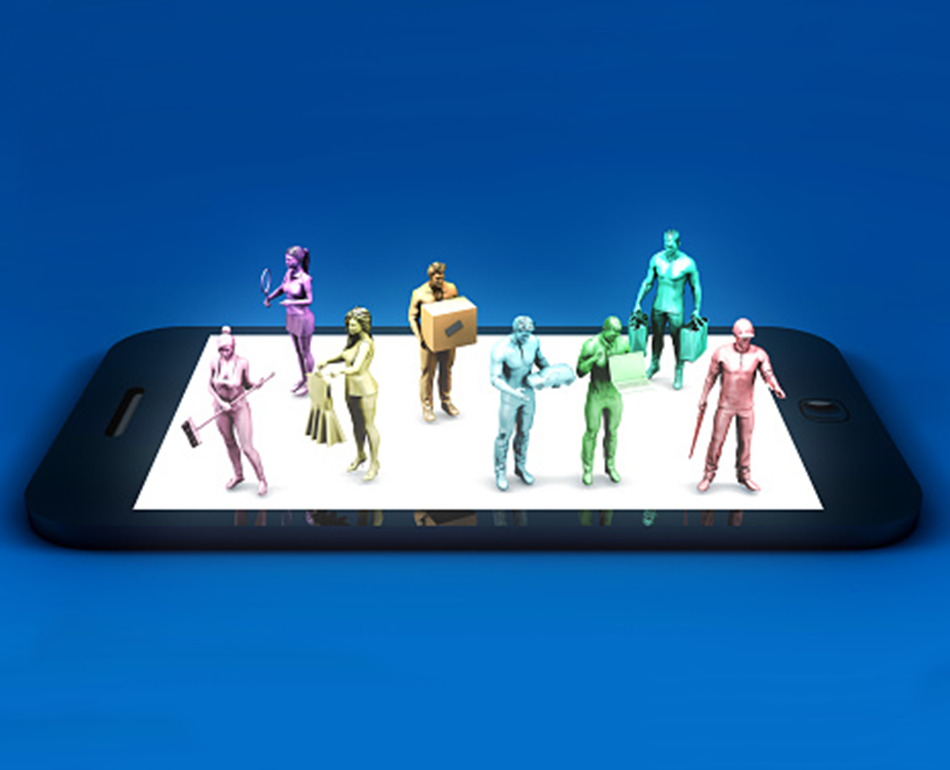While insurance is a financial product, it is at least partially based on evolving societal needs. Whether through organic innovation or collaboration, insurers must adapt products and distribution to meet the moment and anticipate the future. Likewise, independent agents have a role in recognizing when yesterday’s products or coverage levels may be inadequate to protect their clients from the risks of today and tomorrow.
Airbnb, Uber and the Internet of Things (IoT) have traveled from “novel approach” to mainstream in little more than a decade. As technology and innovation continue to shift our approach to work, home and play, insurance products are adapting to meet the gaps and needs arising from the ongoing transformation.
Independent insurance agents who can offer clients a range of companies and products may hold an advantage over their exclusive and captive counterparts:
- Insurance for the gig economy. Whether by choice or necessity, more workers are moving from a traditional employer/employee relationship to independent contractor, on-call or temporary position. Besides the gap “gig” workers experience in obtaining health and life insurance, or retirement plans, many of these positions have unique exposures to risks not covered under traditional insurance plans. And, because the work is short-term in nature, most consumers want the flexibility to turn on and off, or adjust coverage amounts as needed.
- Insurance for the Internet of Things. The rise of sensors and telematics has led to a host of rating and risk prevention possibilities for insurers. Pay-as-you-drive is now offered by nearly every auto insurance carrier and is being coupled with road-side assistance and other service add-ons. Many insurers offer discounts to homeowners who equip their houses with smart devices. On the commercial lines side, insurers are adopting products connecting to all points along the distribution chain, from suppliers to warehouses to customer interactions.
- Insurance for the sharing economy. Where the gig economy is largely made up of individuals offering their services on a part-time basis, the sharing economy is characterized by individuals making use of assets they own. Whether renting a room, a parking space, or vehicle, these transactions are easily facilitated via an app or website, and likely require more insurance coverage than what an existing home or auto policy provides.
As consumers increase their inter-connectedness with every touchpoint of their lives, traditional business models have been flipped on their heads. Property and casualty insurance agents who are able to offer quick and easy access to flexible products that adequately meet the needs of their clients will have a competitive advantage over those who don’t.
